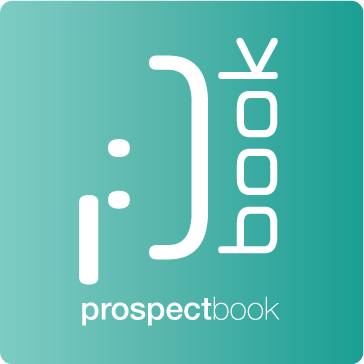BATNA
What is BATNA:
BATNA is an acronym that stands for ‘Best Alternative to a Negotiated Agreement’. It is defined as the most advantageous alternative that a negotiating party can take if the initial negotiations are unsuccessful and an agreement cannot be made.
Importance of BATNA
BATNA is often used in negotiation tactics and should always be considered before a negotiation takes place. It is never wise to enter into a serious negotiation without knowing your BATNA. The value of knowing your best alternative to a negotiated agreement is that:
- It provides an alternative if negotiations fall through.
- It provides negotiating power.
- It determines your reservation point (the worst price you are willing to accept).
Weak BATNA
If you have a weak BATNA, you’re negotiating from a position of weakness. In this instance, you definitely do not want the other side to know what your BATNA is.
Strong BATNA
If your BATNA is strong, you want them to know what your BATNA is because they know that it will be easy for you to walk away and pursue the alternative.
When prospects have a strong BATNA, they’ll let you know upfront. So, whether you disclose it or not depends on the strength of your BATNA.
Further BANTA analysis:
Point out your competitive advantage
| Success Point | Wording Example |
| Experience | “We’ve been helping companies with their Human Resources Management (e.g. in a specific sector or in multiple sectors) for years |
| Reliability | We’ve been very reliable with…. (payroll, pension contributions, compliance) |
| Support | We’ve partnered with (companies matching the prospect’s profile e.g. if the prospect is a large retailer and the company has that kind of partnerships, highlight it) |
| Trust | You know you can count on us. |
| Quality | Yes, our price might be a little bit higher, but you’re getting much higher quality (in payroll services, employee engagement advice etc.)
|
| Friendly Price
|
We offer flexible solutions and packages.
We examine each prospect individually, that’s why we have helped multiple companies even when they thought they couldn’t receive help. For example, we could help you with…. (use info from their profiling e.g. turnover or benefits) |
Mention the possible risks of their BATNA
| Risk Point | Wording Example |
| Experience | “Another provider may not have that level of experience in.
(the prospect’s sector, specific procedures and policies)” |
| Reliability | “You might not get…. (payroll process, pension contributions, compliance) on time or the way you wanted.” |
| Support | “They may not be willing to work with you on
(e.g. human potential development, company innovations, consulting) to the extent we are”
|
| Quality | You (the prospect) may not get the same quality in (payroll, consulting, employee turnover reduction, etc.) |
| Friendly Price
|
Does the other provider offer flexible solutions and packages?
Not all providers examine each prospect individually, with the main aim of creating an authentic and mutually beneficial relationship. |
References: negotiationplanner.com, www.pon.harvard.edu, www.pon.harvard.edu
